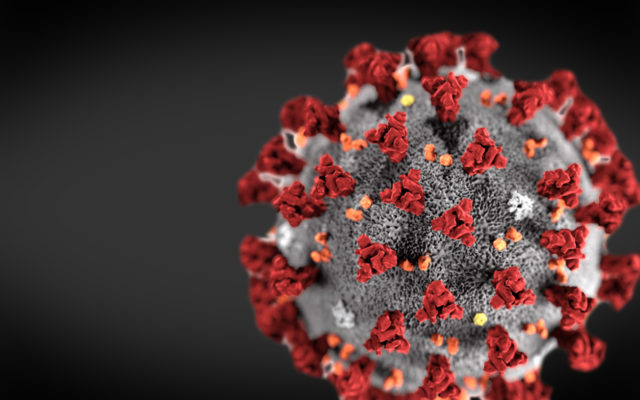Test confirms group of WA dogs show evidence of exposure to the virus that causes COVID-19

The Washington State Department of Agriculture issued a release saying that they have received confirmation of a test showing evidence of exposure to SARS-CoV-2, the virus that causes COVID-19, in a group of Washington dogs who were sampled as part of a study by the University of Washington.
According to their release, they say that in all, 23 samples tested positive for antibodies to SARS-CoV-2.
While these are the first cases of a pet testing positive in Washington, they are not the first in the U.S., as there have been numerous reports nationally of companion animals testing positive for SARS-CoV-2.
The Centers for Disease Control and Prevention (CDC) and the U.S. Department of Agriculture (USDA) both state that there is no evidence that animals play a significant role in spreading the virus to humans.
“These detections are not a surprise given the other cases reported across the country,” Washington State Veterinarian Dr. Brian Joseph said. “While there is no significant public health risk, we would advise pet owners who are COVID-positive to take measures to protect their pets from the virus.”
The Washington State Department of Health recommends that people who are ill with COVID-19 and in home isolation avoid direct contact with pets. If possible, a household member should care for pets in the home. If a person with COVID-19 must care for pets or other animals, they should wear a mask and wash their hands before and after interacting with them. If an animal becomes sick, owners should contact a veterinarian.
The samples tested in this incident were first obtained by UW researchers as part of a study the UW is leading on pets and companion animals from households where humans have tested positive for COVID-19. The COVID-19 and Pets Study began in early 2020 after the pandemic struck Washington and is being done in partnership with the Washington Animal Disease Diagnostic Laboratory (WADDL) at Washington State University.
“These results indicate that COVID-infected humans are able to transmit the virus to animals living in the same household. While we don’t have evidence that this poses a risk to other humans, we are recommending that COVID-infected persons take steps to reduce the risk of infecting their pets,” said Dr. Peter Rabinowitz, Director of the UW Center for One Health Research and Principal Investigator for the COVID and Pets Study. “We are continuing this study as the human vaccine rollout takes place, and will be seeing whether any change in household transmission occurs.”
WADDL advised WSDA earlier this month that their lab had found SARS-CoV-2 antibodies in the samples obtained for the UW study, indicating the animals had been exposed to the coronavirus. Last week, those samples were sent to the USDA National Veterinary Service Laboratory (NVSL), which verified WADDL’s results and provided the confirmation to WSDA.
Visit the CDC’s Covid-19 and Animals webpage for more information on COVID-19 and animals.
You can also go to the USDA Animal and Plant Health Inspection Service website for a complete list of animals that have tested positive for SARS-CoV-2.



